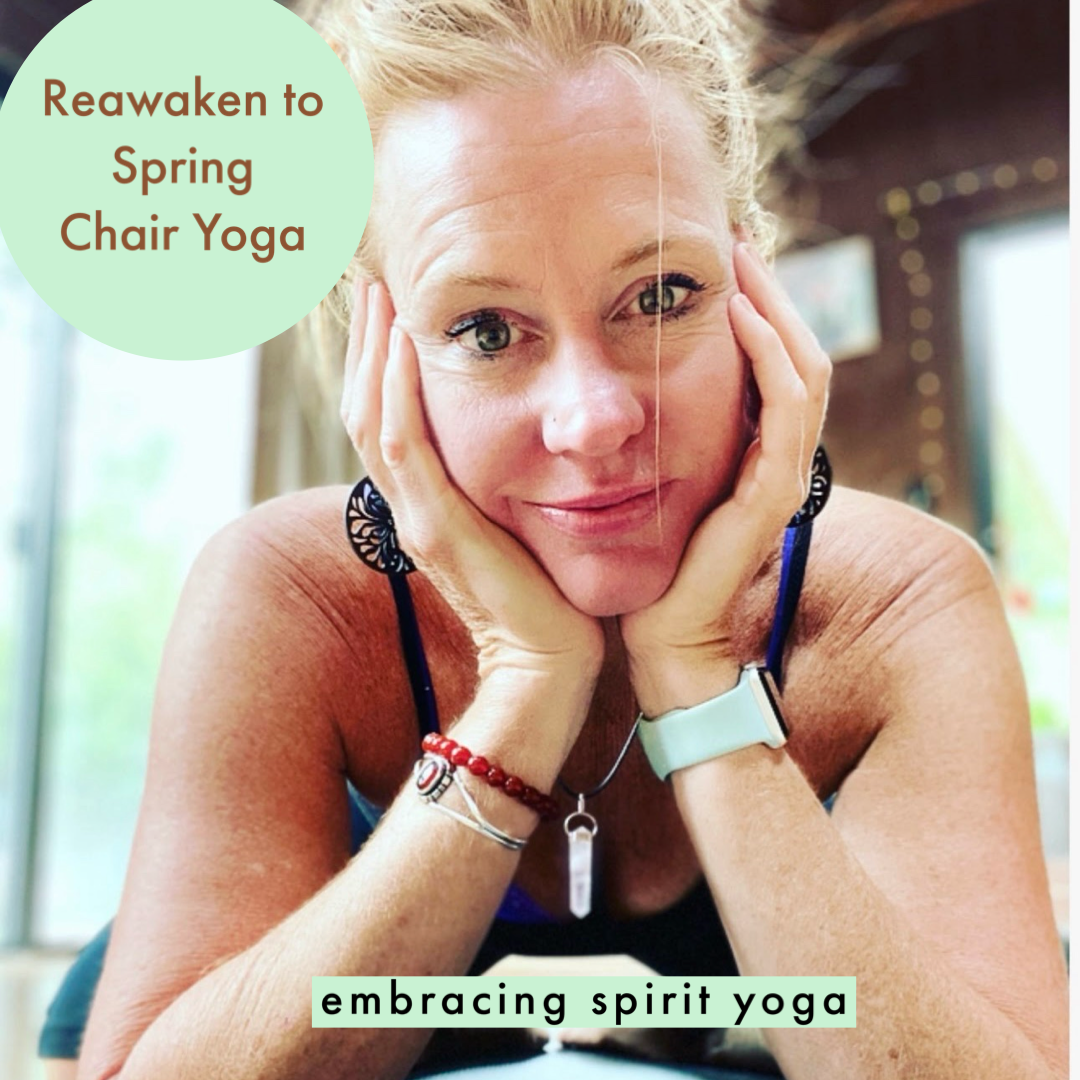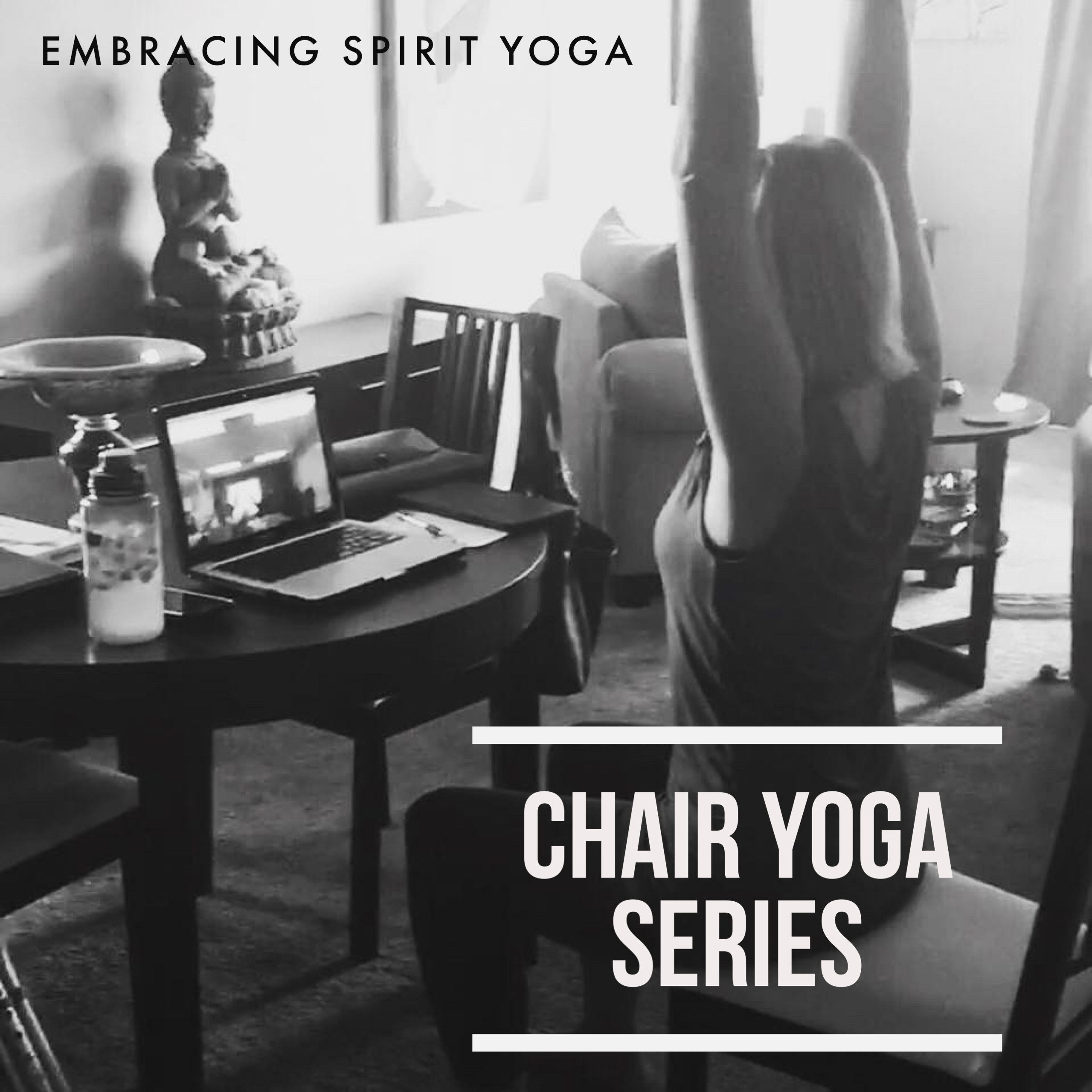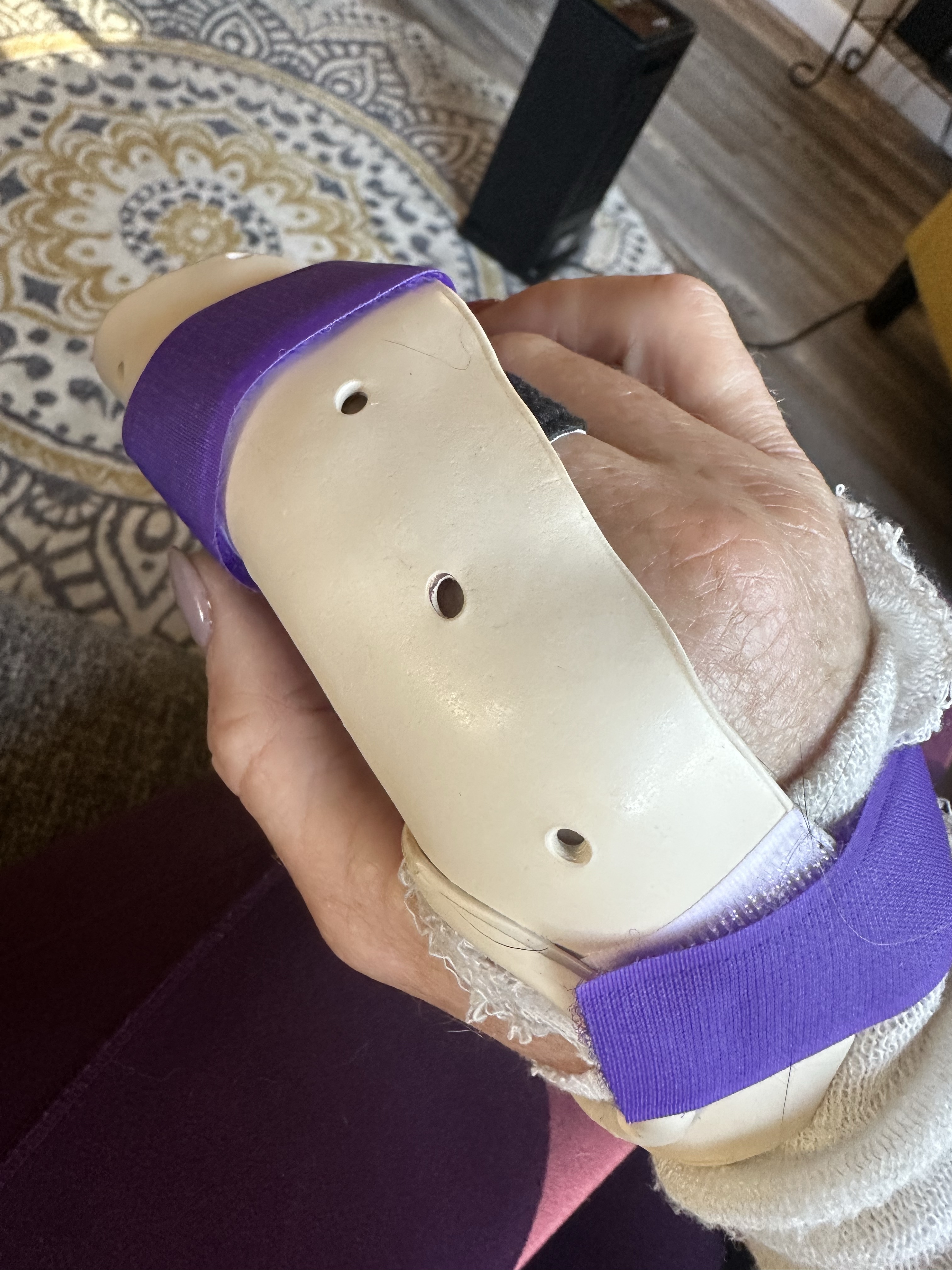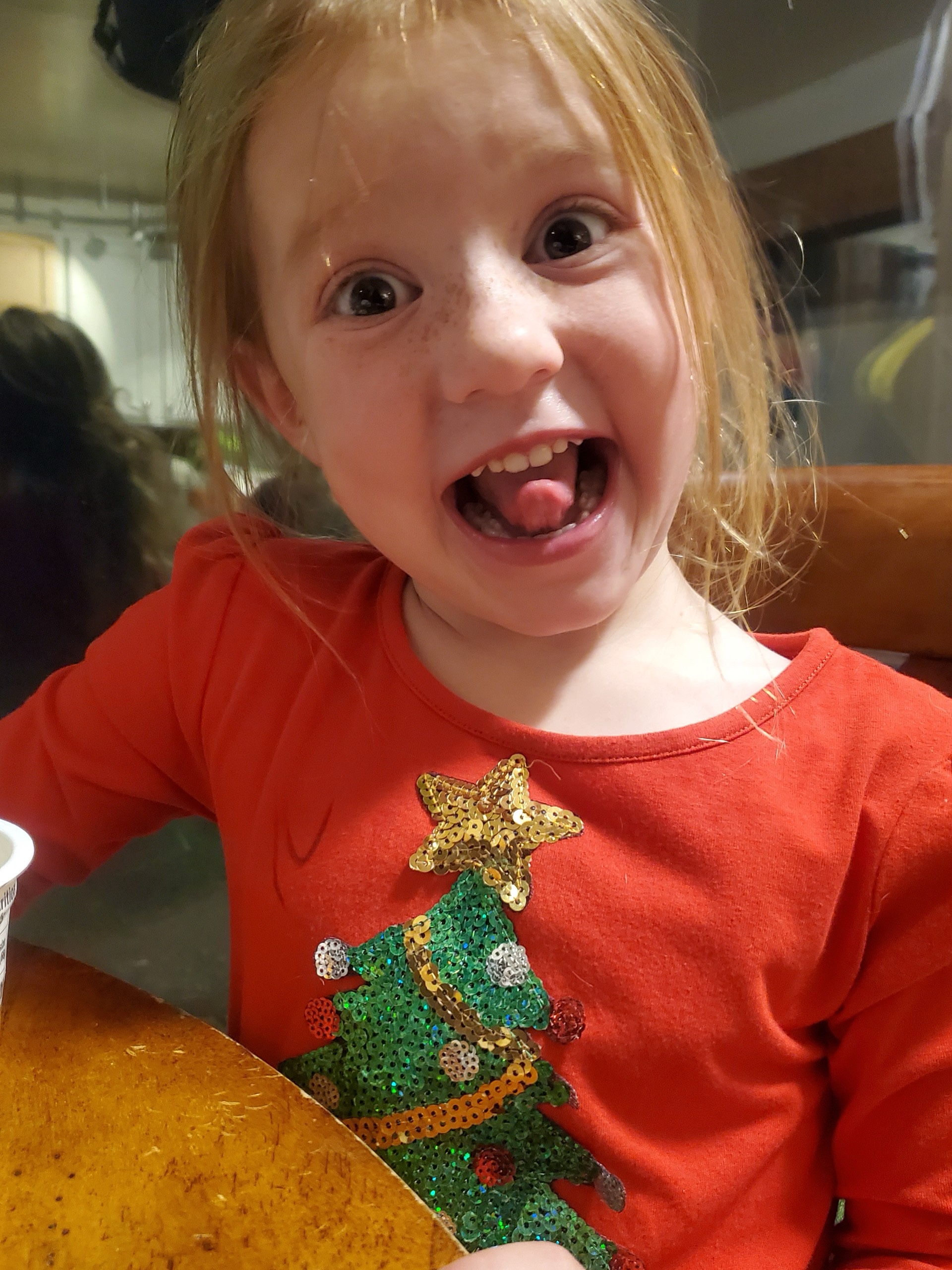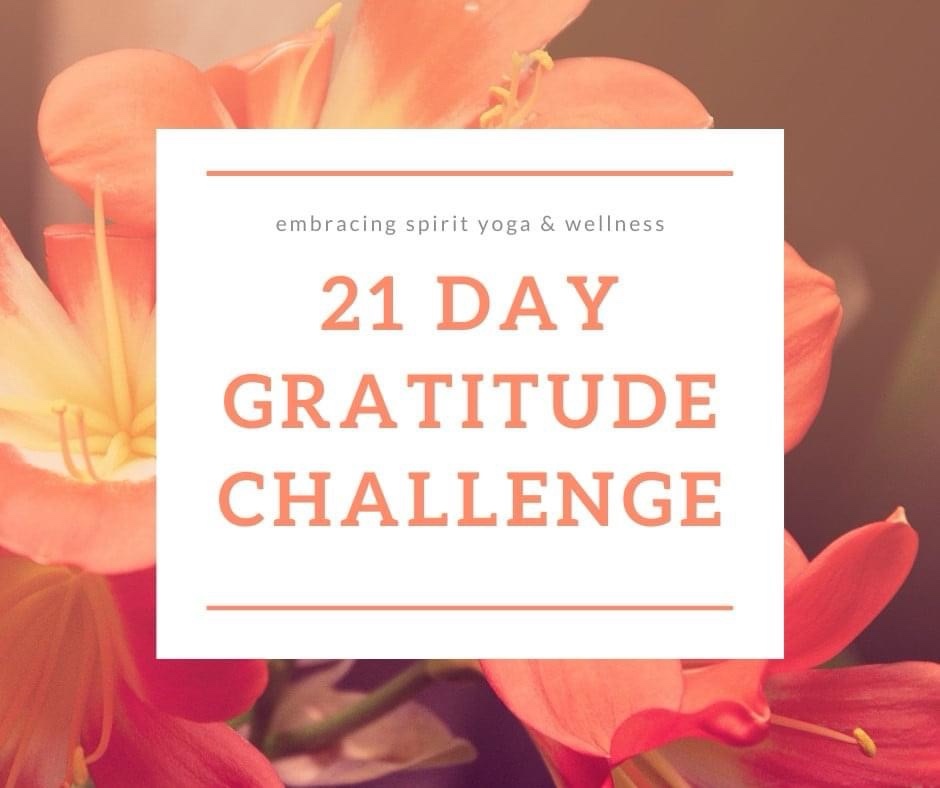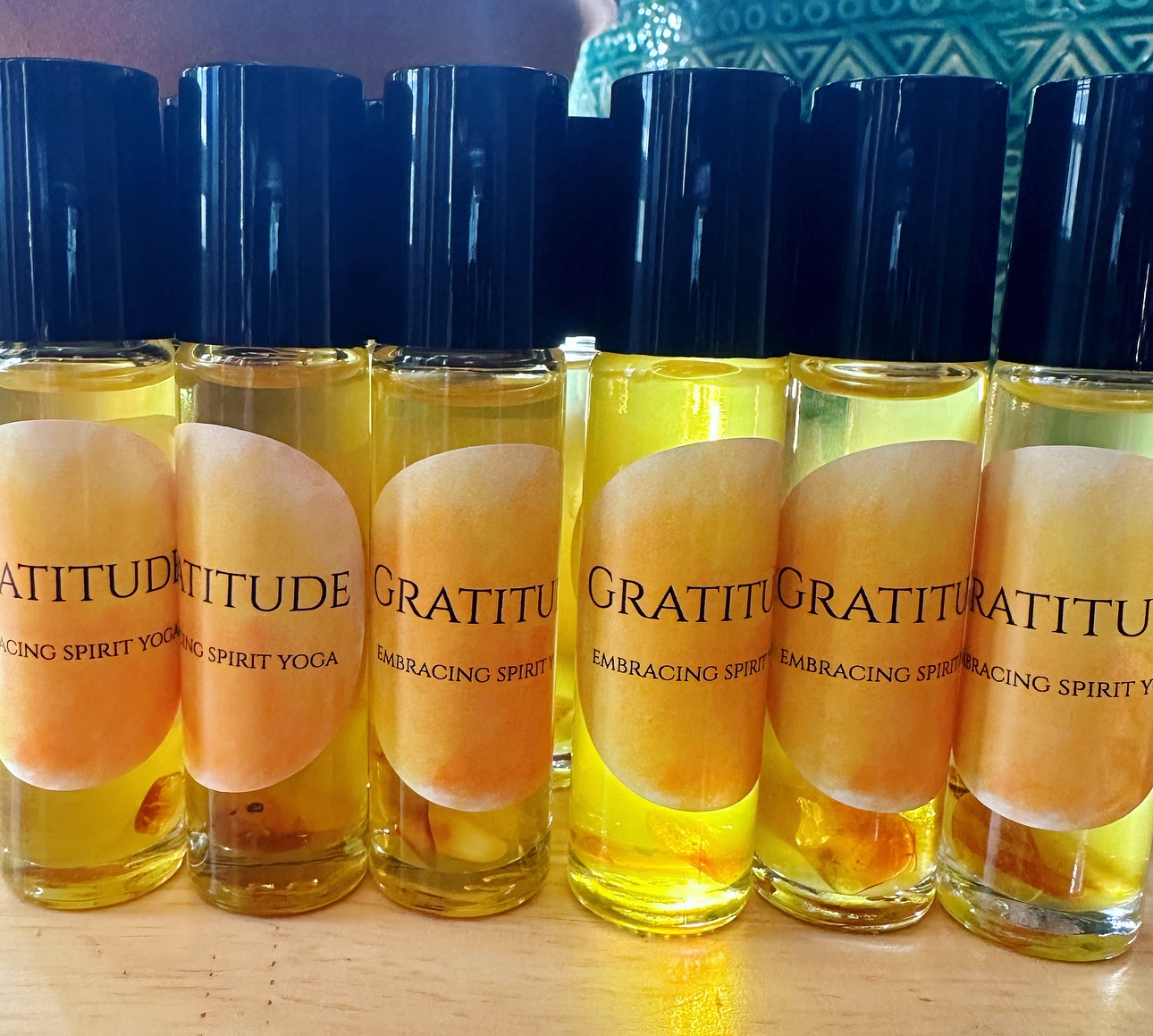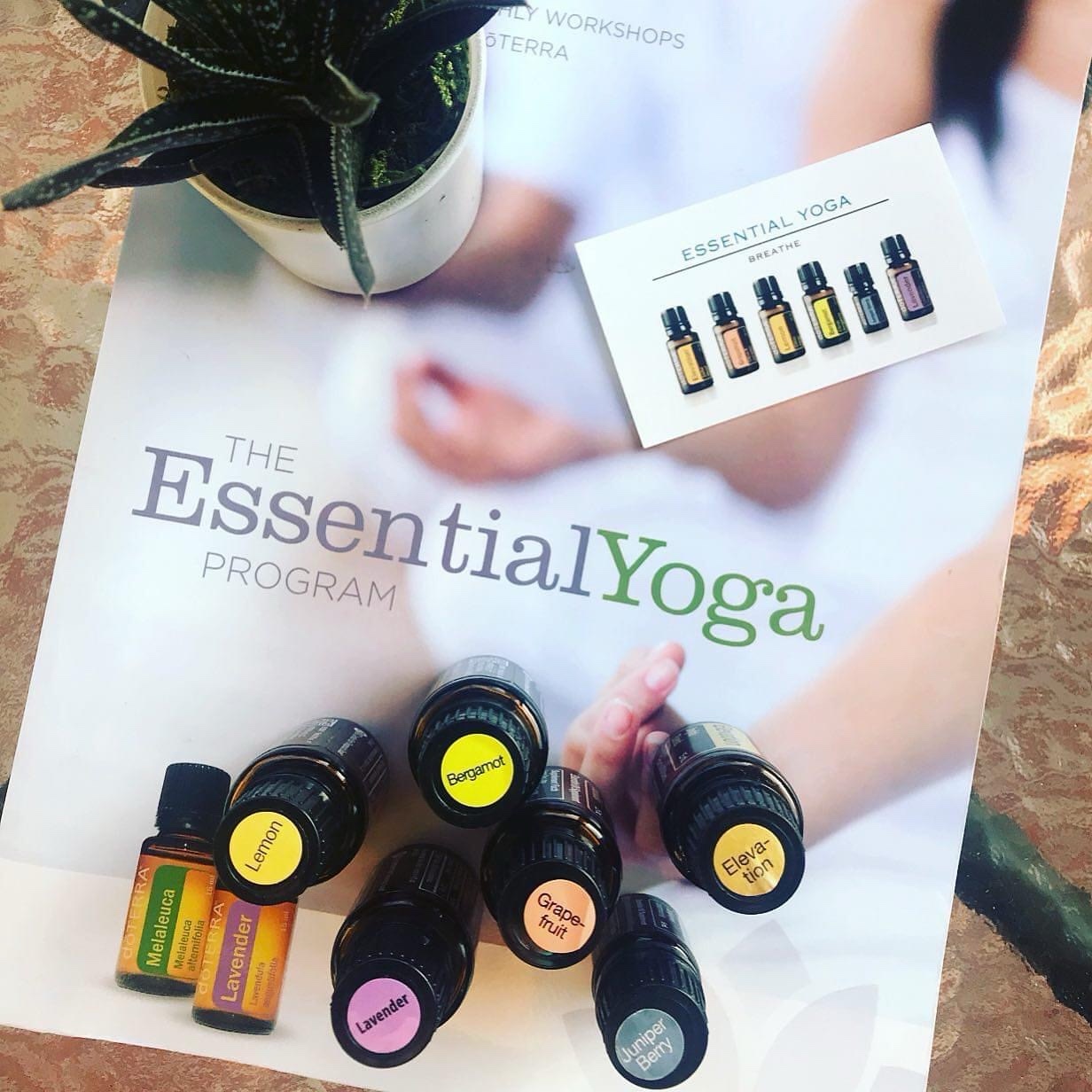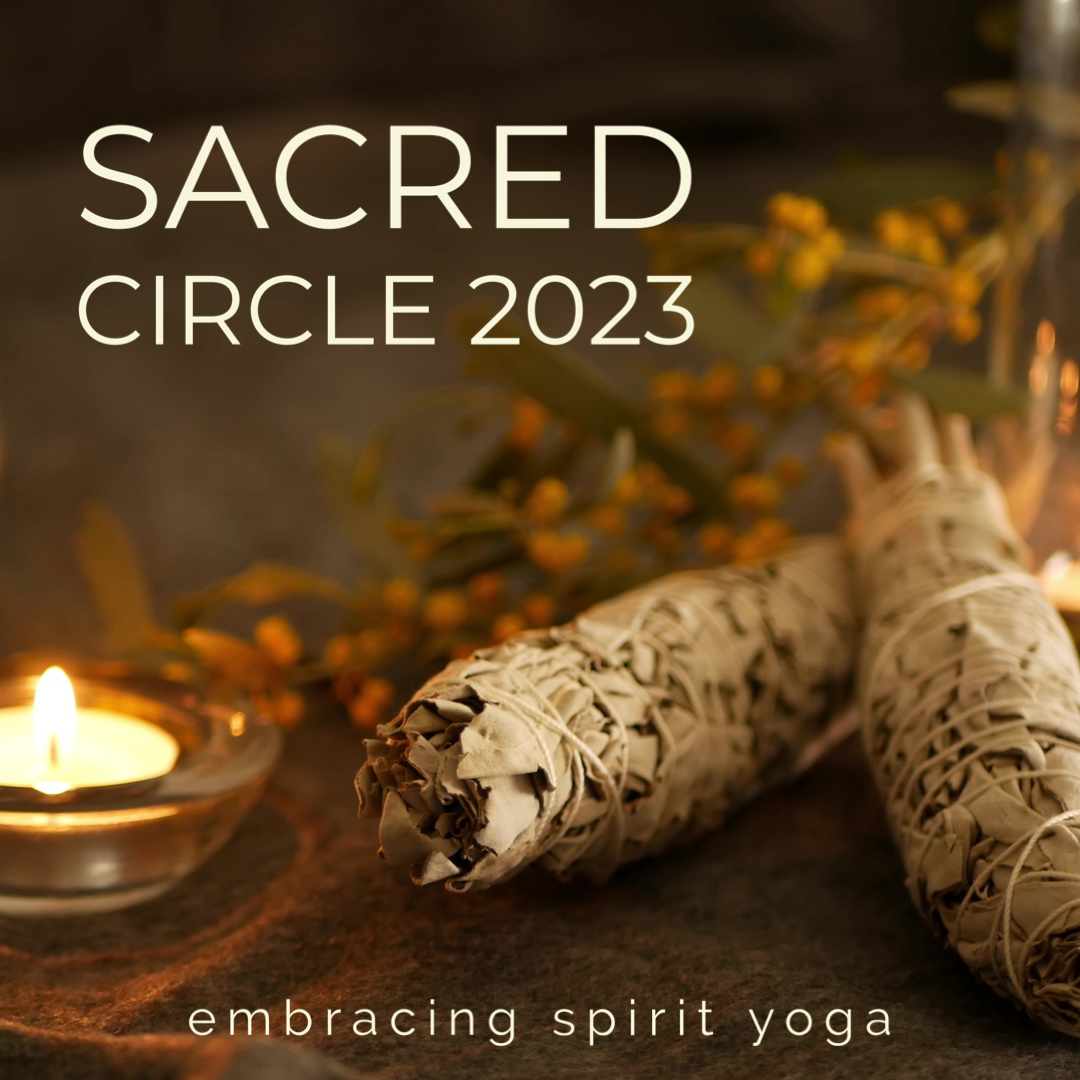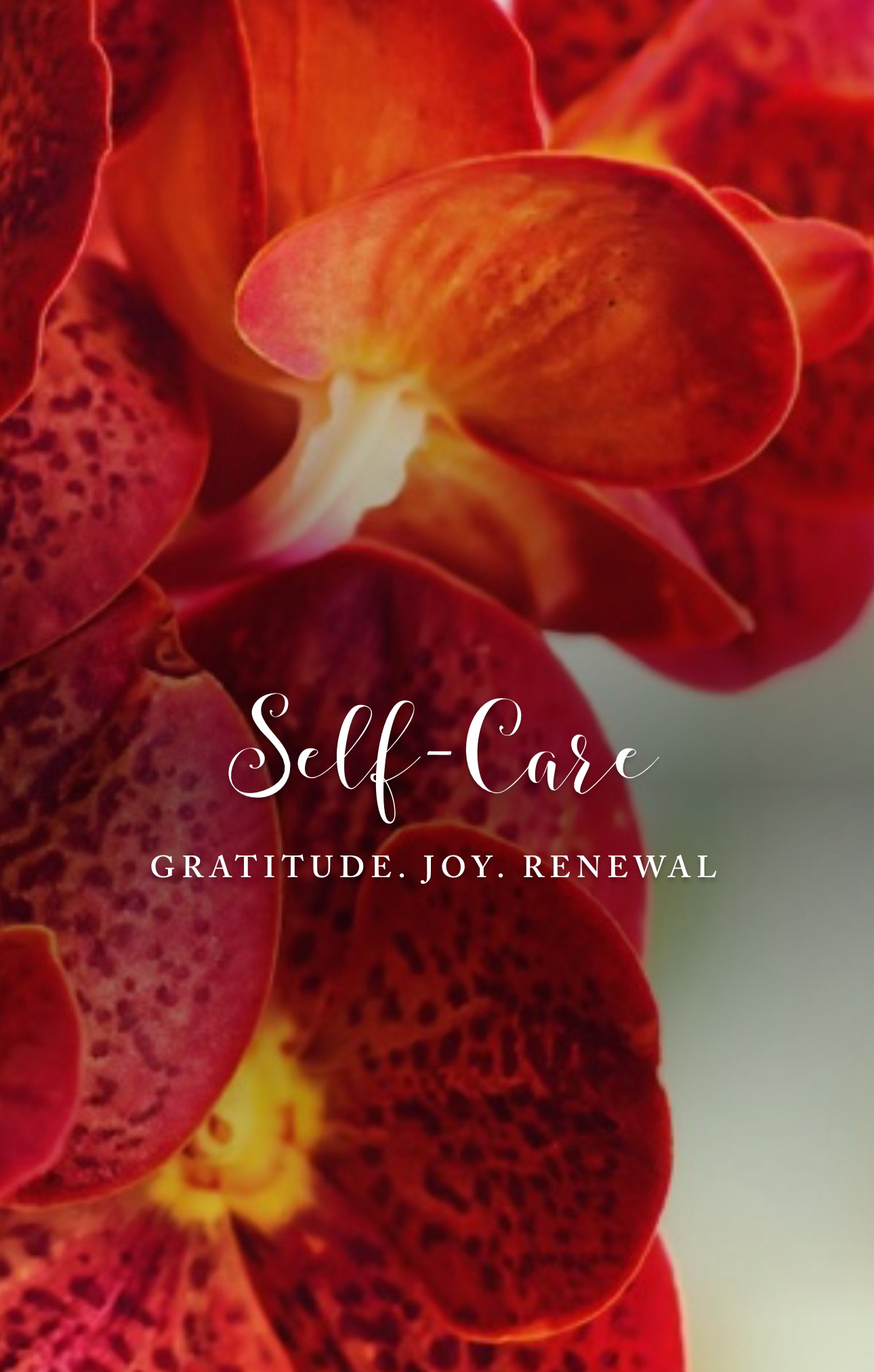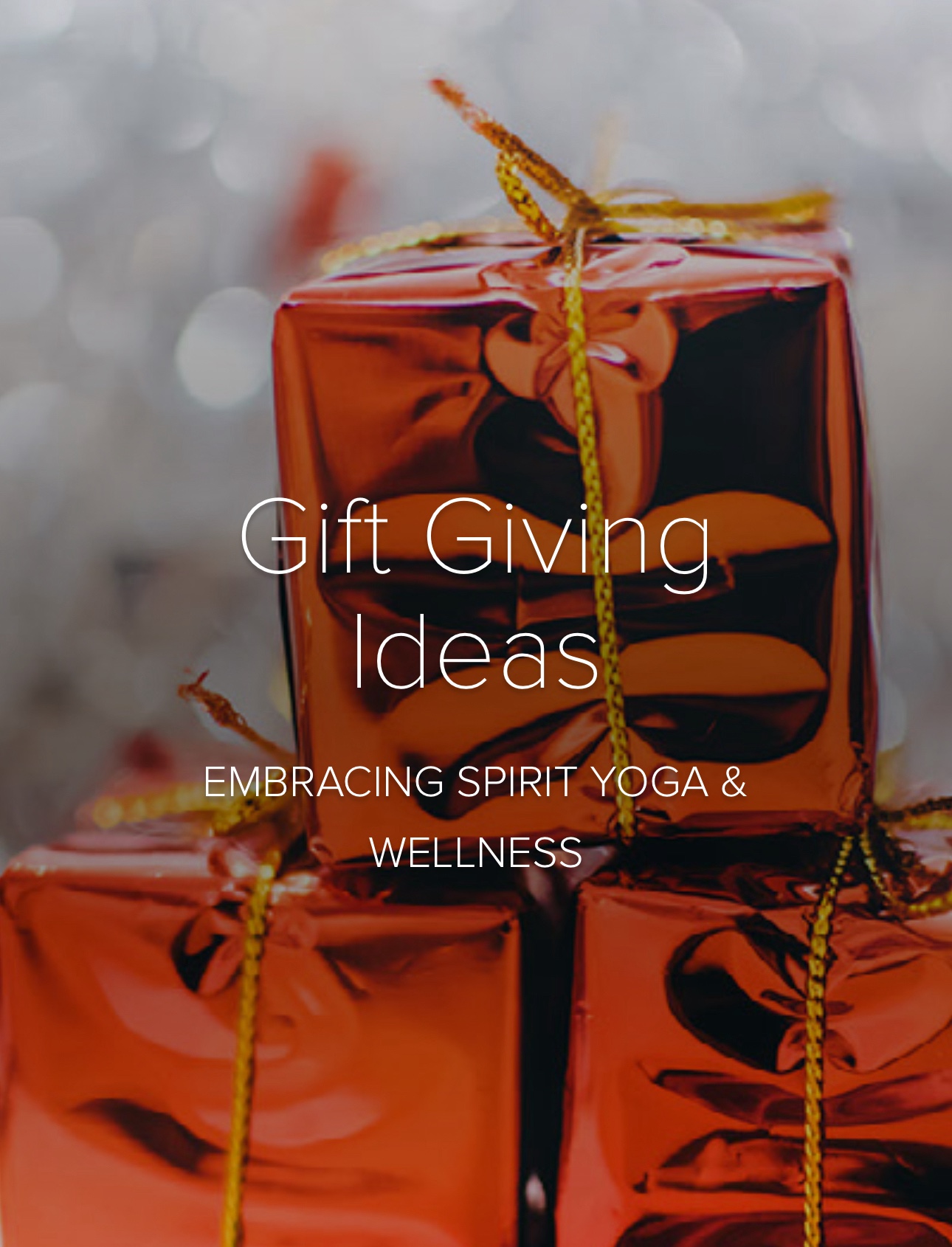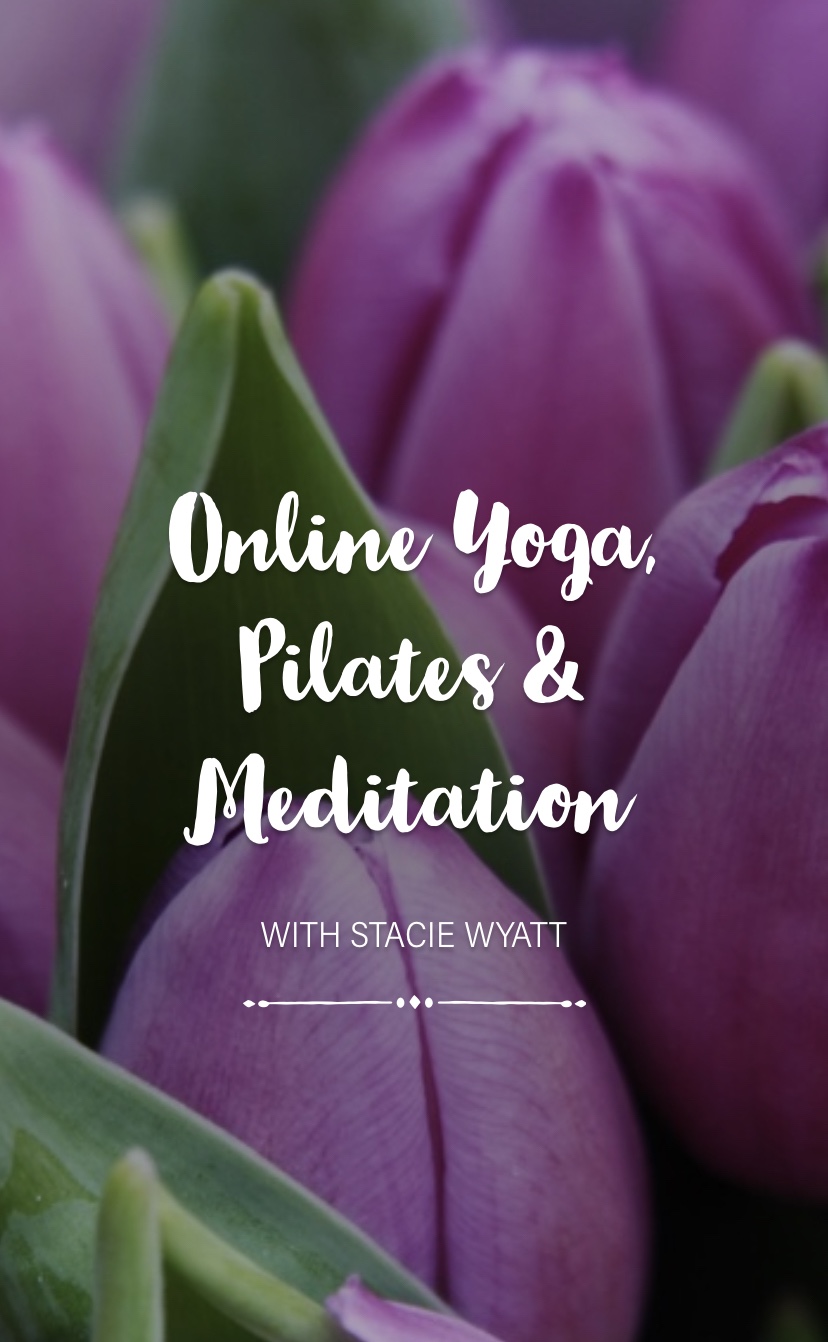In order to grow we must first remove what it is in the way.
The Eight Limbs of Yoga–the Niyamas
Patanjali, creator of the Yoga Sutra, wrote about how the practice of Yoga contains 8 “limbs”. These principles of Yoga have become the map for which we direct our lives. The Yamas and the Niyamas are the first two limbs and help guide us to being the best version of ourselves. The yamas are guidelines for how to operate in society, while the niyamas show how to elevate our inner being.
Suacha is the second Niyama. It is loosely defined as cleanliness or purity. I believe this is a time more than ever for Suacha. The post pandemic opinions that run rampant AND it being a presidential election year this may be a LOUD cry for a radical practice of Suacha, (that may be a little dramatic…). Sometimes we get so clouded by the opinions of others and the internal response that it gives us, that we struggle to remember what is our own truth because it becomes so muddied with clutter and then uncertainty.
What is Suacha?
Suacha is a principle in which we literally clean up our lives, and I believe this all starts with our thoughts. If our inner landscape is a mess, it is likely the rest of life follows suit. Relationships are probably splintered, and our general happiness may be clouded if our inner world is cluttered. This principle encourages us to watch the unclean thoughts that enter into our mind–fear, worries, competition, anger and more.
Of course this also can mean making time for cleaning up our environment. When our living space is orderly and tidy, it I likely we will feel more grounded and clear. The level of tidiness in our outer world can also make a substantial difference in how you feel. When your rooms are tidy, it has an influence on your unconscious. The less cluttered your environment — the less you have to think about — and the more you can ease into everyday life. I love to think about a garden this time of year. We might see the beginnings of green shoots but we also see all of last years growth laying on top and around the attempt of new growth. In order for the green stuff to grow into amazing beauty, we must first pull out and throw away all of the old material that is in the way. Imagine if we got rid of the same old stuff in our and heads and hearts? Things like bitterness, the past, the hurt feelings, regrets, shame and the like. Without all that stuff in the way, it is likely you may have some amazing growth!
More than anything I believe, Suacha invites each of us to look at practicing a deep, soul cleansing. This is a time to ask ourselves what is bringing clutter into our hearts and minds. Is it the media? The gossiping and negativity? Perhaps it is the barrage of opinions that run rampart on our social media. The division we witness in our current world is evident as an apparent onslaught of emotions that clog the veins that lead to our spiritual self. And in turn, we have become hardened, angry, tarnished souls with little compassion for each other. Ouch…
This is a pivotal time in our own responsibility to ask ourselves hard questions.
What is seeking to be released or cleansed from the very essence of our beings? What mental and emotional patterns are no longer serving us? What is seeking to be cleansed on a micro (individual) and macro (global) level? How can we get curious about this deeper meaning? How do we allow this cleansing to happen from a place of love and grace?
Here are some tips to allow Suacha to become part of your practice for living your best life:
- To cleanse the mind, meditate, pray and/or journal for 10–20 minutes each day
- To purify the body, Practice yoga for 30+ minutes few times a week
- Sweat out those toxins–go for a hike, ride your bicycle, MOVE
- Doodle in a journal and let your creative side process your feelings
- Clean your entire home at least once a week
- Burn incense, lay your crystals out in the moon, diffuse oils
- Acknowledge all your emotions, positive and negative write them down, then tear the paper and release it.
- Trust your intuition, it will guide you on what are the best Suacha practices for YOU
Suacha is not a one time thing or even a springtime thing. Suacha, like Yoga, is a way of being. Learning to begin watching your thoughts, you may find that your words and actions that follow may be in need of a little cleaning up.
Stay tuned for more springtime wisdom as we enter into the fabulous season of growth!
Stacie believes that it is her life purpose to share the gift of Yoga with anyone who is willing to say yes. In addition to raising a family and being an advocate for those with disabilities, Stacie is founder of Embracing Spirit Yoga which specializes in bringing adaptive Yoga into community centers and rehabilitation clinics. Bringing her depth of compassion to the mat–or the chair–she offers students the opportunity to grow as an individual in all aspects of their life.
With over sixteen years experience, Stacie Wyatt is an experienced 500 hour Registered Yoga Teacher with Yoga Alliance, Certified Brain Injury Specialist, Certified Trauma Informed Coach, Life Wellness Coach, Senior YogaFit Instructor, Mind/Body Personal trainer, Stress Reduction and Meditation Instructor, Pilates Instructor, and Barre Instructor. Stacie is also certified in Integrative Movement Therapy™and is also a believer in the power and application of essential oils for health and wellness and proudly shares doTERRA essential oils.
Stacie brings her personal life experience of raising a daughter with a disability and over 12 years working in special education to her everyday Yoga classes.
